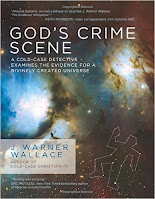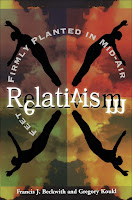"The totality and interconnected nature of our galaxy's unique backstory, along with its rare circumstances and unlikely conditions, overwhelmingly indicate tampering."
"Researchers have been consistently unable to identify a viable location, pathway, or mechanism explaining the origin of life. With each passing year, the level of complexity and interaction at the cellular level becomes more apparent and more difficult to explain."
"Most investigators have sought the secret of life in the physics and chemistry of molecules. But they will look in vain for conventional physics and chemistry to explain life, for that is a classic case of confusing the medium with the message. The secret of life lies, not in its chemical basis, but in the logical and informational rules it explains."
"If a model attempts to explain the origin of life yet fails to explain the origin of information foundational to life, it falls dreadfully short of its goal."
"Choice is a feature of design and a reflection of intelligent agency. Designers make conscious choices between options. Their designs often reflect these decisions, especially when other options are available."
"In order to think rationally about their thoughts, they must have the freedom to do so, but this freedom is unavailable if the laws of physics and chemistry are controlling their thoughts. The fact skeptics are free to believe their thoughts are entirely physical is evidence their thoughts are not entirely physical."
"Naturalism fails to explain two attributes of the universe related to objective moral truth. It cannot adequately explain the existence of objective moral truths, and it cannot explain objective, transcendent personal obligations. Naturalism...can be reasonably eliminated because it fails on two counts."
"No single explanation will account for every act of evil. There are often several causes involved in explaining any given episode of suffering."
"When multiple divergent lines of evidence all point to the same conclusion, you can trust you're making a proper inference."
All these quotes can be found in Wallace's latest book "God's Crime Scene."







